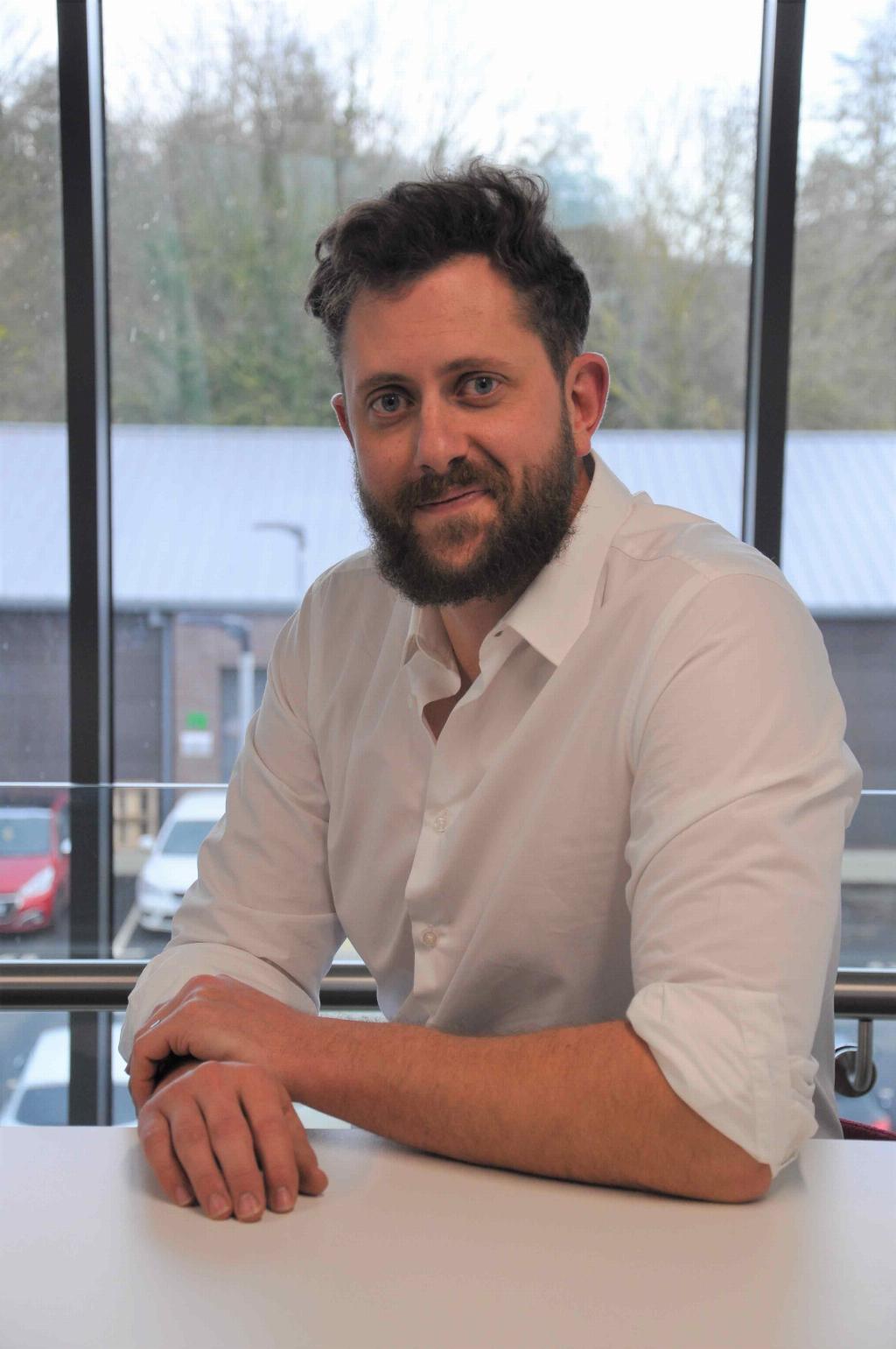It’s all about collaboration

Recently formed by three individuals with extensive programme management and manufacturing knowledge, DASIS’ CEO, Ian Wilson explains how the company is fulfilling a dream to synchronise a family of UK supply partners from varying disciplines.
Launched in January 2021, DASIS presents an alternative and unified supply chain option to the UK manufacturing market. Through a consortium of trusted manufacturing and service partners, the company coordinates all product manufacturing requirements on their client’s behalf across the automotive, aerospace and defence sectors.
The leadership team brings a deep understand of the SME UK manufacturing and technology markets. The three founders - Ian Wilson, Alex Beim and Ricky South - have direct experience managing programmes with top manufacturers, and have led projects for Mercedes F1, Ferrari, Jaguar Land Rover, Gordon Murray Design and General Dynamics Land Systems – Force Protection Europe (GDLS-FPE).
DASIS’ guiding principle is collaboration. The company has unified a family of UK businesses to support one another and benefit from their industry disciplines and unique skills. These interactions are managed by DASIS and conducted in a competitive, secure and highly productive environment.
Q) What types of supply chain demands are placed on you by your customers and how are you evolving to keep pace with them?
We are finding that our customers do not simply want composite parts, but also require technical support to deliver the correct products that meet their needs. We can offer design for manufacture support alongside project management resources that are composite capable. This naturally catches potential design and manufacturing issues before it is too late.
Q) How do you help R&D and supply chain companies respond to the OEMs’ demand signals for new and advanced technological innovations?
There are two important aspects when considering new innovations and technologies. The first is the application of that particular innovation. It is critical that OEMs are involved and consulted from the start of any project. In doing so, this allows innovation to be tailored to the end users’ requirements; and without this, new technologies can be pursued without a final demand.
The second aspect, and one that I believe is as important, is to fully understand the manufacturing processes needed to take an innovation or technology from concept through to the final product. In doing this, it is possible to consider all the challenges or opportunities that may lay between the new idea and its final use.
Q) Regarding Brexit, will the European manufacturing industry become harder to do business and keep pace with changing trends, pricing and legislations?
I believe Brexit will undoubtedly have a negative impact on trade throughout Europe and there is still a lot of uncertainty around taxation, data protection and mutual recognition of technical and safety standards. The cost of importing and exporting can only go one way, up, as we try to manage our way through closed borders.
Q) What do you feel are the most important assets of a company?
Our manufacturing partners are our backbone and without their support DASIS would not exist. The consortium’s success and future growth relies on a strong bond of trust and collaboration between us all. Each member has been individually picked for their experience and expertise within their given field to ensure we give customers the best service possible.
Q) What differentiates your company from the competition?
It is a straightforward and transparent approach. Quite simply we make our customers’ lives easier. We provide one point of contact for full manufacturing support and give access to an array of technologies. We are not beholden to one process allowing us to offer the most cost-effective route to deliver the required product from our supply chain.
Q) Any thoughts on what developments are taking place in the composites manufacturing supply chain?

Covid has impacted many businesses around the globe and the composite supply chain is not immune. Unfortunately, we are seeing and going to see more businesses fail once the Government’s support is retracted - we still have a bumpy ride ahead. Customers’ supply chain choices will decrease, as will the technical support in the market, and DASIS will be well placed to deliver customer requirements through our close-knit SME family.
Q) Do you think companies should be using the pandemic to effectively ‘reset’ and look at how efficiently they are running their businesses?
Yes, and this will more than likely happen naturally anyway. I think there will be a thinning out of many business structures as organisations ready themselves for a full re-emergence from this pandemic.
Q) Do you have any positive ‘good news’ stories that your company has performed? Are there any positives in general to come out of all this?
Several of our partners supported the manufacture of PPE equipment and respirators prior to our launch in January. A positive for DASIS is our clients newly-developed appetite to deal with one point of contact to access a full range of manufacturing capabilities, it is what we do best.
Q) What kind of industry landscape will we be faced with when everything gets back to the new normal?

We are facing a completely transformed landscape. I predict people will be reluctant to travel and congregate in large groups or confined places for some time to come. I do not think this is entirely negative as people’s daily routines needed to change to support our struggling planet. Working from home will become the norm in many cases. Industry will be slow to regain its pre-pandemic status but there will be significant investment available to help support good businesses grow. Where else would you put your money at the moment?
Q) Would you say that your partnerships have brought benefits, particularly as trusted relationships can lead to a better way forward for all?
I have always believed in cultivating strong and positive relationships in business and have worked hard to develop and maintain these throughout my career. These partnerships have been key in forming DASIS; it simply would not have been possible without them and we are keen to build on these connections as we grow. Clients and partners have put their trust in myself and the team to deliver and they know me well enough to believe I will do my upmost to make sure it happens.
Q) Crystal ball question: what next and what will be the challenges you face in the future?
Starting a new business during a global pandemic and a National Lockdown was never going to be easy! We are delivering a new manufacturing supply chain concept and encouraging clients to fully buy into supporting UK SMEs, rather than damaging them through aggressive and unsustainable pricing strategies will be tough. However, as a consortium we can reduce costs in a more viable way and in turn, feed these savings down to our customers. When clients put their faith in our ability to manage this process the benefits become very apparent.









